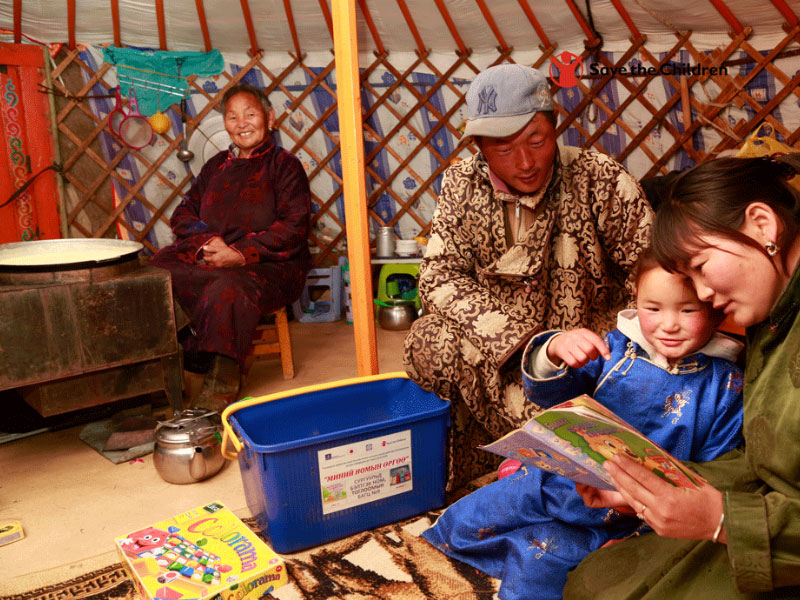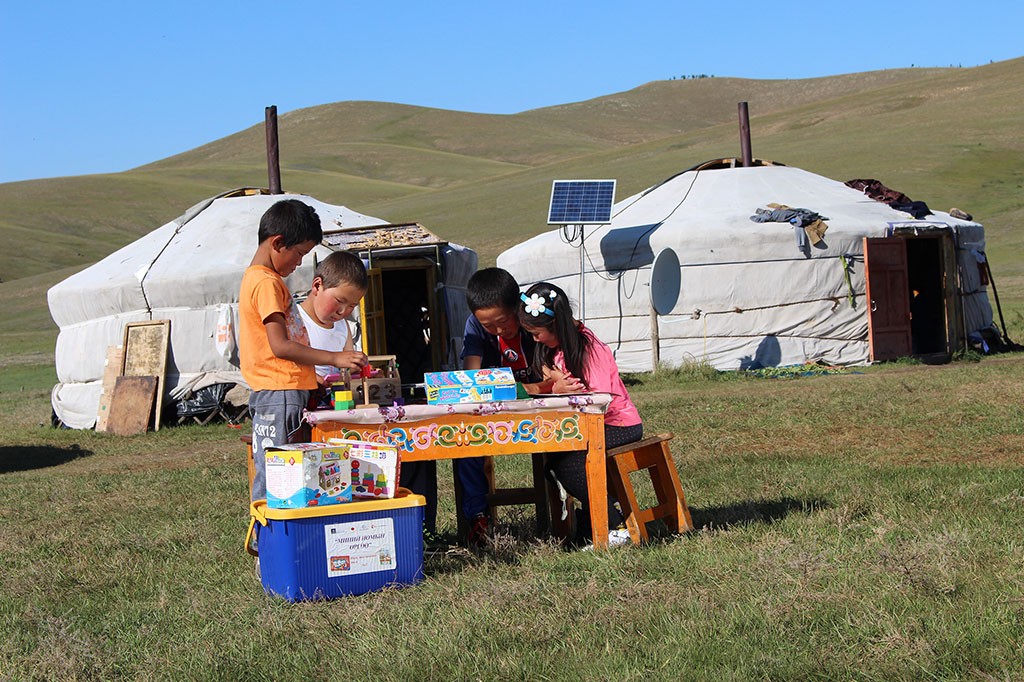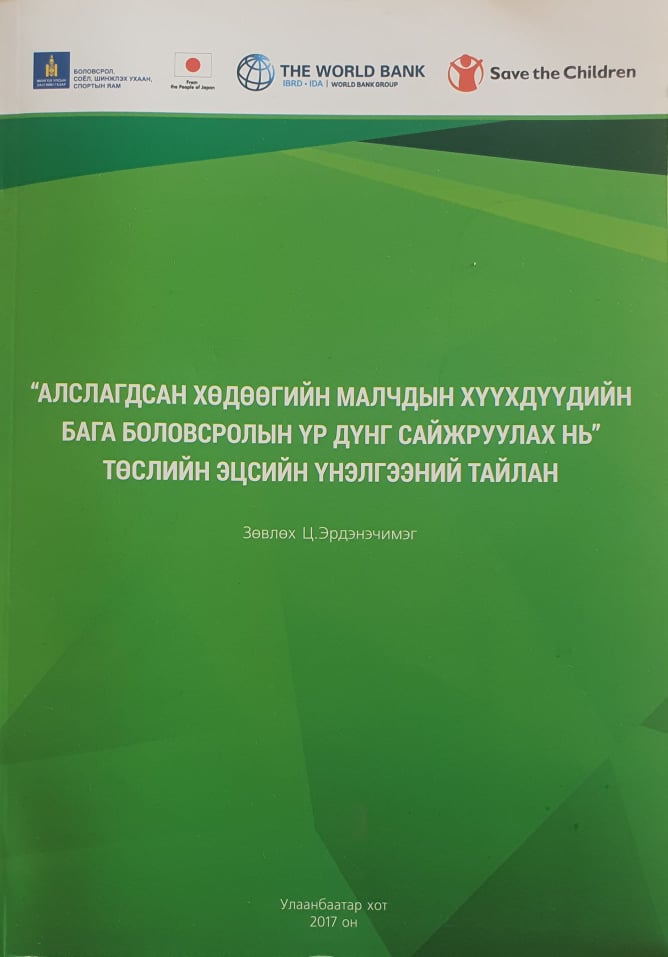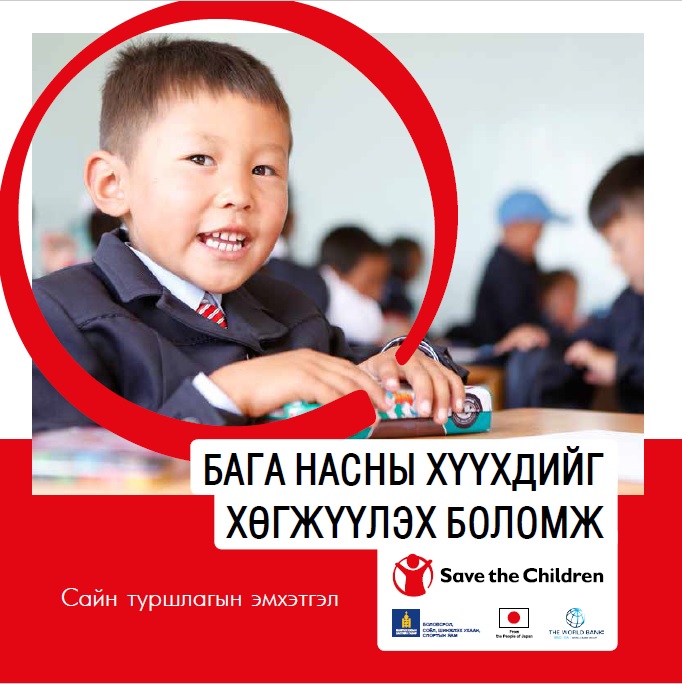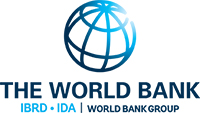Brief information:
In 2008, Mongolia’s general education system was extended from 10 to 12 years to align it with international standards. As a result of this reform, children began attending school at age six, creating new challenges for rural herder families. In remote areas, the majority of 6-year-olds did not directly attend preschool, which affected their academic performance and led to social and psychological difficulties. To address this challenge, Save the Children, in collaboration with the Ministry of Education, Culture, Science and Sports of Mongolia, implemented a project entitled “Improving Primary Education Outcomes for the most vulnerable children in rural Mongolia”, funded by the World Bank and its Japan Social Development Fund (JSDF) in 30 soums of Dornod, Uvurkhangai and Sukhbaatar aimags. The project developed three programs to meet the learning and development needs of children of rural herders. A total of 20,000 teachers, parents and citizens participated in the project, which benefited more than 8,500 children from herder households.

